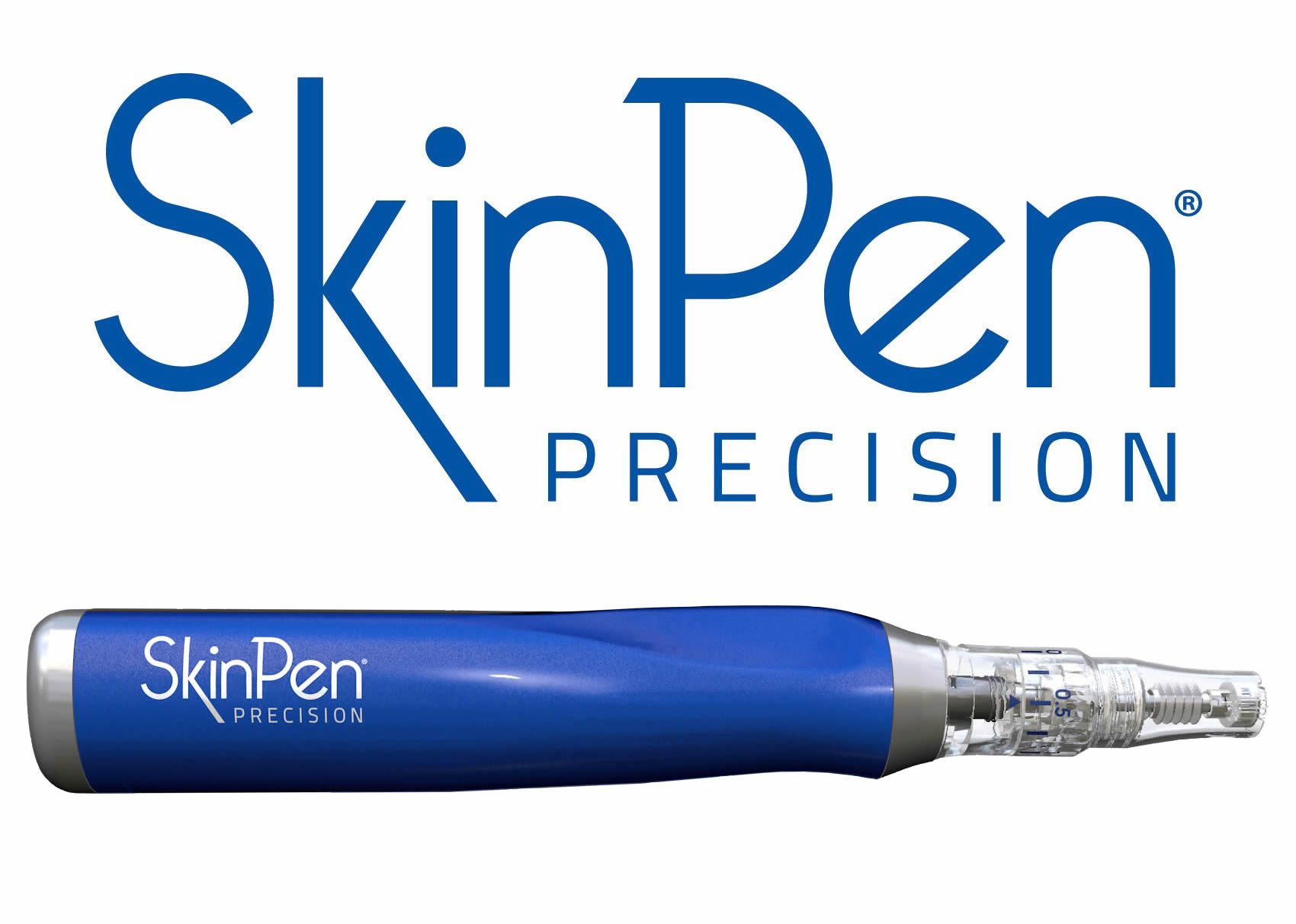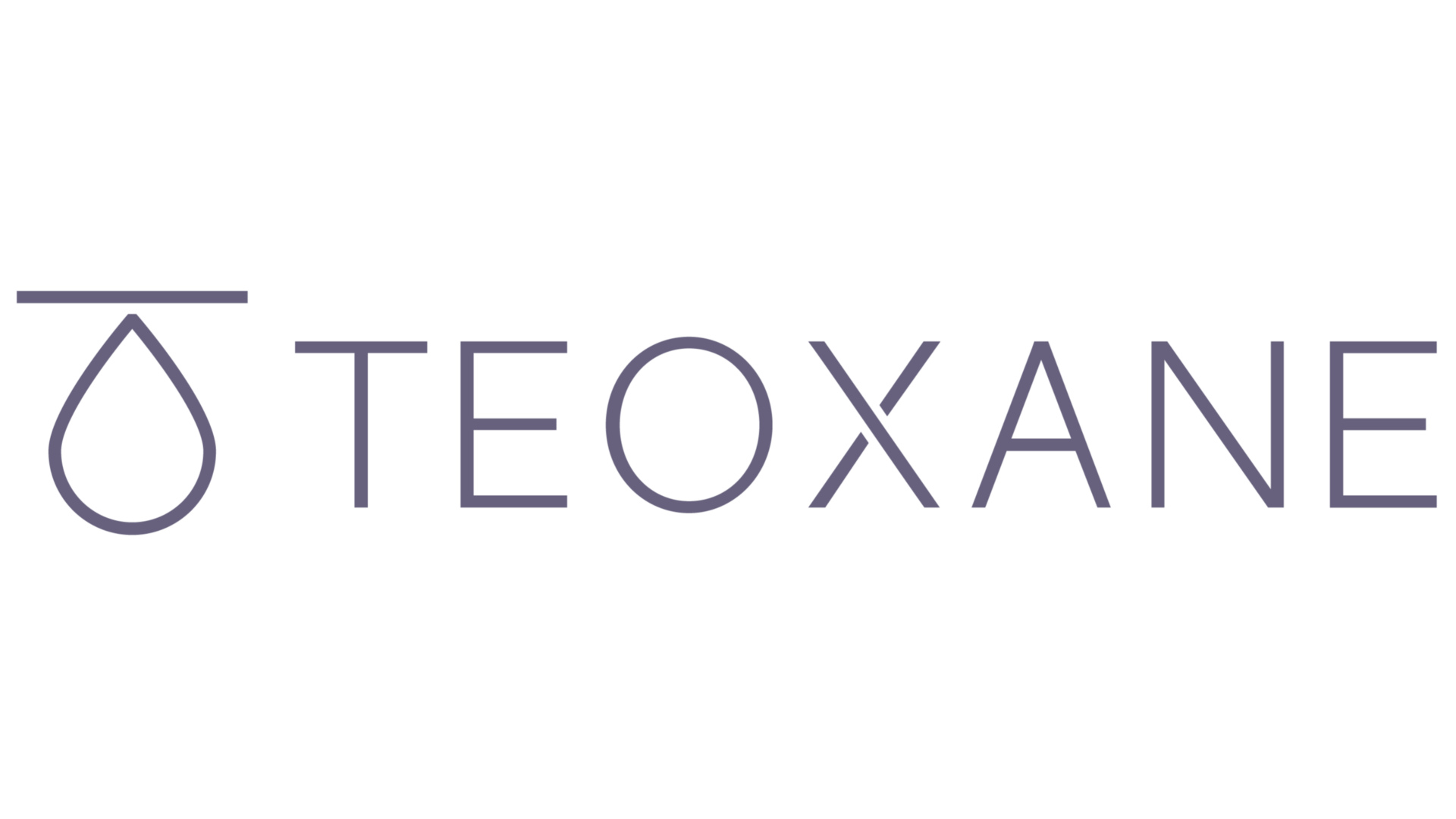A few weeks back, the FDA (US Food and Drug Administration) issued a new report on the Covid-19 vaccine, revealing that a small number of trial participants with dermal fillers had experienced a facial swelling reaction after receiving the Moderna vaccine. As a result there has been a series of media headlines reporting on the cases and causing people with fillers to become alarmed. Many people who have had dermal fillers are feeling worried or uncertain as to whether they should now get the jab in case they experience a reaction.
Not only are the side effects exceedingly rare, but they are also minor and easily treated. So if you have recently had injectables, rest assured that receiving the vaccine is safe and you should prioritise it over any aesthetic treatments.
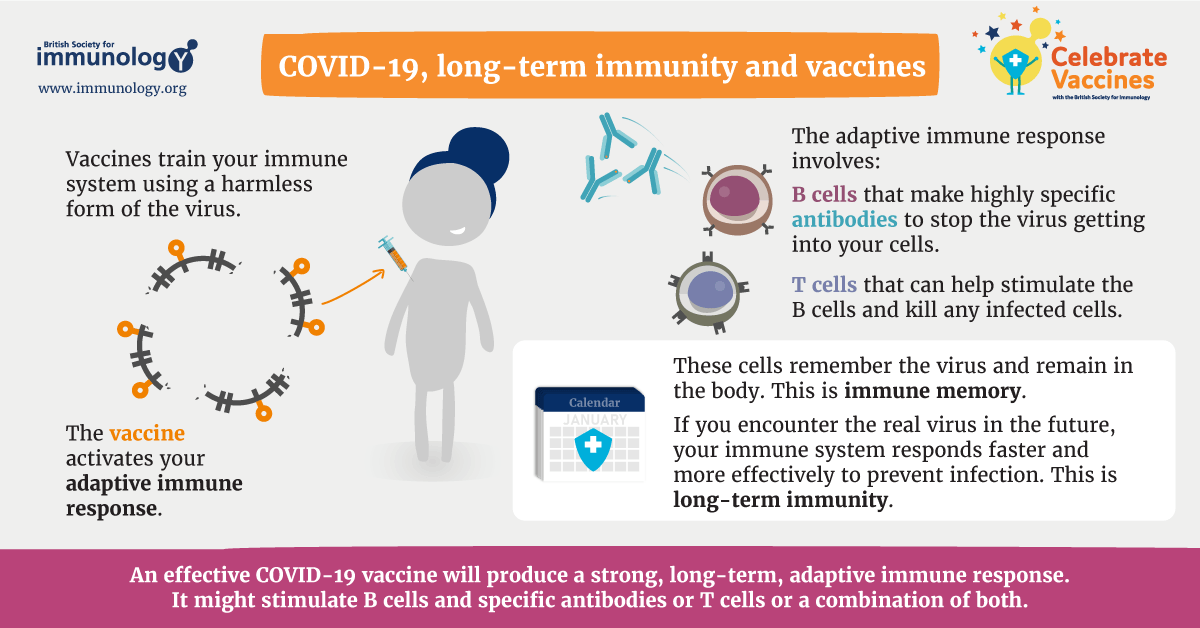
Of over 30,000 participants in the Moderna trial, ONLY three reported mild, localised swelling where their filler had been injected (cheeks and lips). This is less than a 0.0001% risk of something similar happening to you. The reactions were short lived and managed effectively by their aesthetics doctor.
All vaccines have side effects – this is simply the natural response of your body’s immune system to a foreign substance, and a sign that the vaccine is actually working. In the case of the Covid-19 vaccine, it means that any mild or moderate swelling or other symptoms such as aches, joint pain, tiredness, fever, headache, muscle pain or chills, are the result of your immune system correctly responding to the vaccine and kicking off the process of developing antibodies and T cells to protect you from developing Coronavirus.
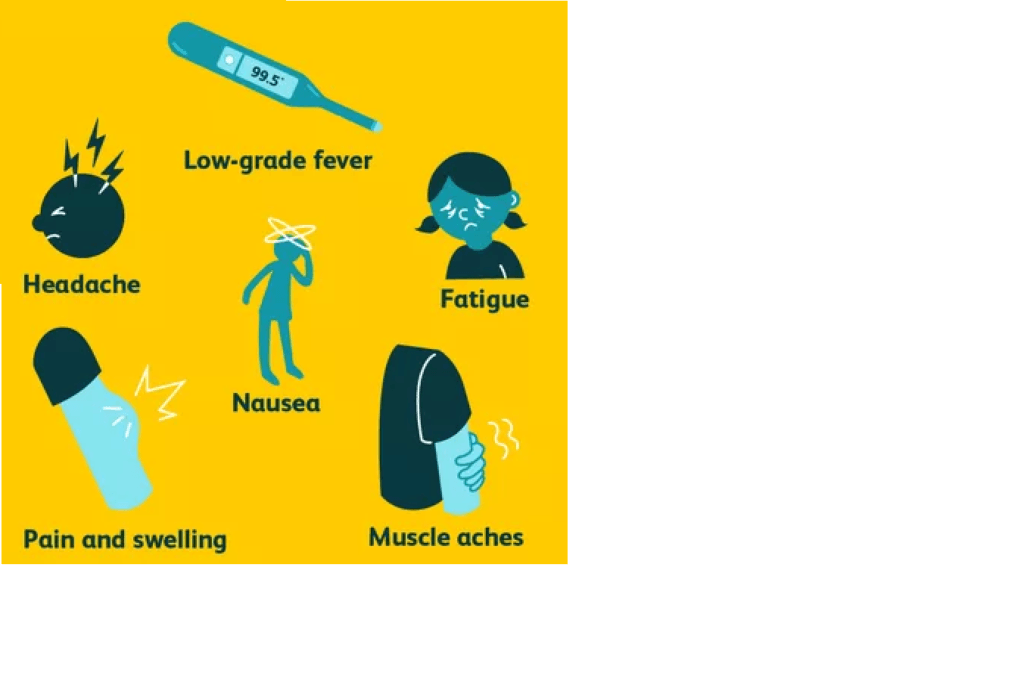
When your immunological response is triggered, your body starts producing lots of inflammatory cells. Hence you can experience temporary swelling not only from receiving the Covid-19 vaccine or any other type of vaccination, but also from developing a cold or another illness.
One of the leading aesthetic doctors and trainers in the UK, Dr Tim Pearce, explains “the chances of an individual patient reacting to this vaccine if they have filler is probably not that different to them reacting if they had a cold or a virus.” You can learn more about how your body responds to the vaccine in his video Vaccine + Filler Panic! Does the Covid vaccine react with dermal fillers?
We already know that there have been instances of people with dermal fillers experiencing swelling months or even years after they had them injected. This is known as ‘delayed hypersensitivity reaction.’ Although the causes are often poorly understood, studies indicate that it may be due to an infection (including Coronavirus) or anything else that triggers the immune system, such as vaccines. So swelling of fillers after being unwell or having a vaccination is something that we already knew about, so you don’t need to panic.
So, should you worry about getting the Covid-19 jab if you have fillers?
No, certainly not. You should prioritise having the vaccine when it is offered to you but also be honest and transparent with the clinician giving you your jab. Make sure you tell them about any recent illnesses, regular and new medications, aesthetic treatments such as dermal filler, allergies, etc. Do not decline the vaccine because you have had dermal filler treatment in the past.
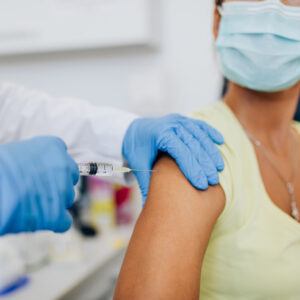
Similarly it is important that your aesthetics doctor is aware of any health conditions or medications, and in the case of Covid-19, if you have had the vaccine or when you are scheduled to have it. This will allow them to carry out your aesthetic treatments with enough time interval between the vaccine and the injectables, making the process as safe as it can be.
As a doctor, I want to stress the importance of getting vaccinated against Covid-19 when you are called by the NHS to do so. The vaccine is safe to receive, even if you have fillers, since the side effects are extremely rare, usually very mild and short lived with no treatment needed.
You can learn more about dermal fillers on my blogs Where can you have dermal fillers? And How much filler will you need?
For any other questions or to book a free consultation, click here






